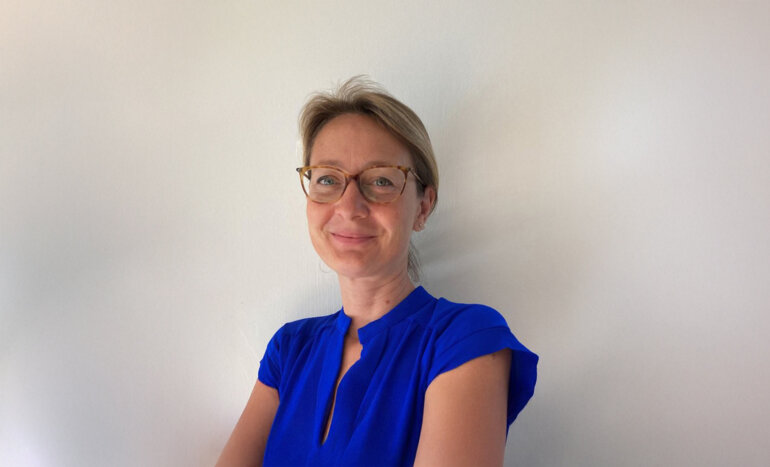Investigations are time-consuming and expensive, so greater public funding is needed, according to Prof. George Coukos
Prof. George Coukos, who leads the Lausanne branch of the Ludwig Institute for Cancer Research at Lausanne University Hospital and the University of Lausanne, Switzerland, is the recipient of this year’s ESMO Award for Translational Research. Here, he discusses his long-standing passion for understanding tumour immunology, which led to scientific discoveries that were instrumental in the translation of research findings to novel treatment modalities in ovarian cancer.
How has your pivotal work in immunotherapy and ovarian cancer changed the course of treatment across different cancer types?
Almost 20 years ago, during my time at the University of Pennsylvania, Philadelphia, USA, my lab discovered the impact of T-cell infiltration in ovarian cancer, which like most solid tumours at the time was believed not to be immunogenic. Indeed, our ground-breaking research – that T-cell infiltration in ovarian cancer was associated with better survival – challenged the dogma at the time that melanoma and perhaps renal cell cancer were the only tumours with any type of relevant immune response and so the only cancers worth considering for immunotherapy (N Engl J Med. 2003 Jan 16;348(3):203-13). Our results instead established that any epithelial cancer could, in fact, be immunoreactive and therefore a candidate for immunotherapy, which could be used to leverage the immune response and change the disease outcome. The work provided the impetus for the wider application of checkpoint inhibition in epithelial tumours. Up to 40% of all patients with solid tumours today are treated with approved immunotherapy agents along the PD-1/PD-L1 axis. And it is the basis for emerging cell therapies using tumour-infiltrating lymphocytes for solid tumours.
We also demonstrated that angiogenesis is intimately connected with immune escape. Our work showed that the tumour vasculature erects a blood–tumour barrier preventing T-cell homing into the tumour parenchyma (Nat Med. 2014 Jun; 20(6): 607–615). Targeting and normalising the vasculature was found to enable T-cells to pass into tumour tissue, thus rendering tumours susceptible to immunotherapy. This opened the door to the investigation of novel combinations of immunotherapy and anti-angiogenic compounds. In the last few years, these types of combinations, including the combination of atezolizumab and bevacizumab for metastatic non-small-cell lung cancer and hepatocellular carcinoma, have shown superiority in pivotal studies and are entering standard clinical practice.
What are the key challenges in translational research today?
Among the main challenges, I would list the operational and technical complexity of obtaining and analysing clinical samples, and the extraordinary extent of inter-patient heterogeneity, particularly when it comes to the immune system, and thus the need for rigorous experimental and statistical methodology. Together, these make investigation both time consuming and really expensive, and there is a real need for greater public and philanthropic funding of academic translational research. Epidemiological estimates point to a doubling of the number of cancer patients in the next 20 years and we need to invest now – in new curative treatments and effective prevention strategies – if we are to minimise the considerable societal and economic impact this will inevitably have.
In an ideal world, what advances in cancer treatment would you hope to see during the rest of your career?
I am a passionate believer in cell therapy and I think that combining it with gene therapy is the way to move forward. I am incredibly excited to be working in this area because it promises to bypass many of the current limitations of drug development, particularly when it comes to personalisation of therapy.
Coukos G. ESMO Translational Research Award 2021 Lecture. ESMO Congress 2021
Mobilizing Immunity against cancer – from bench to bedside, 17.09.2021, 12:45 – 13:15, Channel 2







